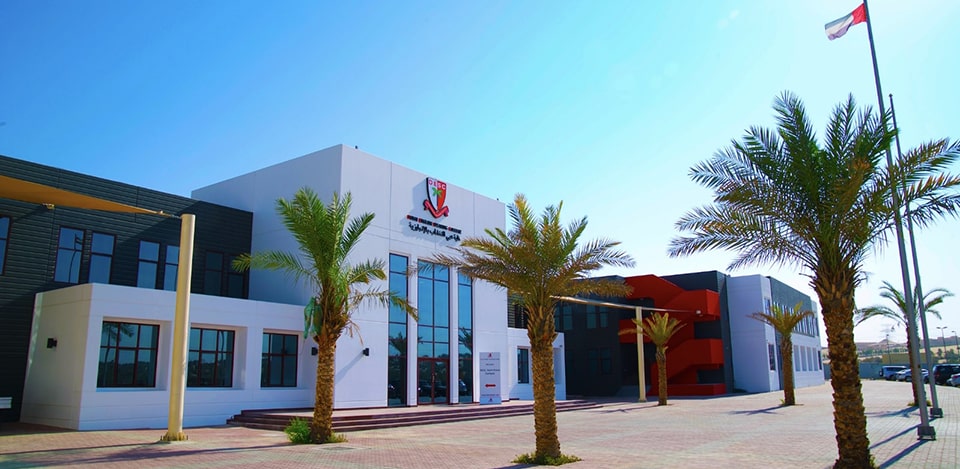Arabic
A bit about the Arabic Language…
The expression ‘Arabic’ may refer either to literary Arabic or to the many spoken varieties of Arabic or dialects. Literary Arabic is considered by most Arabs as the standard language. Classical Literary Arabic (al-fos'ha) is both the language of the present-day media and the written language across North Africa and the Middle East, as well as the language of the Qur’an.
The Arabic language is the 6th most-spoken language in the world out of around 6,500 known languages, around 274 million Arabic speakers worldwide (busuu.com). It has been a literary language for over 1500 years and is the official language of the UAE.
What does Arabic Learning look like at DESS?
Arabic Language (Arabic B)
Foundation Stage
We start teaching Arabic in DESS from FS2 once a week, the children are learning the basics (colours, family, days of the week, body parts, greetings etc..) focusing on speaking and listening skills through songs and different fun activities. Our aim in FS2 is to introduce the Arabic language to the children and prepare them to key stage one.
Key Stage 1
Arabic is compulsory for children from Year 2; however, in Year 1 they begin learning Arabic, focussing on learning Arabic letter sounds through active learning and song. In Year 2 children start a more topic-based curriculum using a variety of resources continuing their learning through active strategies employed by the teachers. By the end of Year 2 it is expected that most children are able to read and write simple phrases in Arabic.
Key Stage 2
In Key Stage 2 children are set into ability groups from Year 3 where they continue learning a variety of vocabulary and grammatical structures in different contexts as part of the topic-based curriculum. All language skills are incorporated into children’s learning (Speaking, Listening to understand, Reading and Writing) the focus is on developing the skills the children need and a good knowledge of Arabic to enable them to continue their learning in Secondary School.
Arabic Literacy (Arabic A)
Arabic Literacy is for Arabic speaking children who register at DESS with an Arab passport.
All Arabic speaking children follow the Ministry of Education curriculum. Using this as a guide, the teacher adapts his classroom practice to incorporate active learning, a range of resources and explores ways to make learning Arabic engaging, just like your child will experience in their English Literacy lessons. There are close links between our English and Arabic Literacy policies and practices.
Arabic Literacy is compulsory from Year 2 with the children beginning their Arabic journey in Year 1 as part of a whole class approach to learning. From Year 2 onwards, they are taught in a separate class with other Arabic Literacy (Arabic speaking) children from their Year Group. There are similar achievement expectations for Arabic and English Literacy, while taking into account the level of language learning still necessary in Arabic Literacy. As explained above, standard Arabic differs widely from the family dialect.

